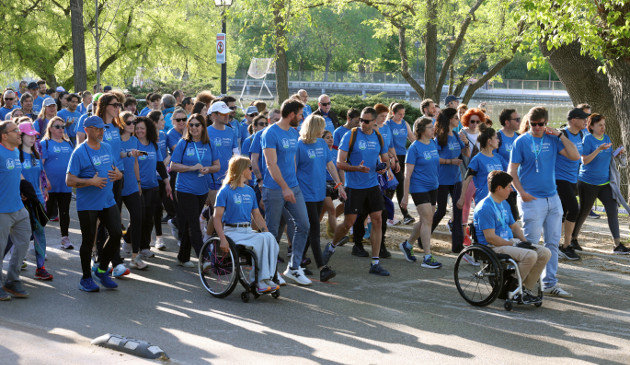Written by Clare Scully, Director of Clinical Development, Bupa Group.
Biodiversity loss is not only devastating to see, but poses serious risks for societies, economies and the health of the planet and its inhabitants.
Through eco-Disruptive, Bupa’s global talent initiative, participants of the programme are working with eco start-ups to explore six challenges which aim to have a positive impact on people and planetary health- one of these areas is Biodiversity. This has driven conversations across Bupa on how we as an organisation and individuals can support nature-based solutions in the communities around us.
So how does biodiversity impact human health? Here, I discuss four of the implications for human health - and this is not an exhaustive list!
Increased risk of infectious disease
Biodiversity loss and an increasing rate of wildlife–human contacts all contribute to increasing risks of infectious disease. As a result of human actions, wild animals are shifting their geographical reach and moving ever closer to humans and livestock. This increases the risk of trans-species transmission of diseases, and the potential for infectious agents to cross-over to human populations.
Food insecurity and poor nutrition
Availability of food and good nutrition is key to human health and will be threatened by food insecurity due to habitat destruction and biodiversity loss.
It is anticipated that, by 2050 the world will be home to 10 billion inhabitants, meaning an extra 3 billion more mouths to feed since 2010. Biodiversity supports agriculture and the production of food through services such as pollination, maintaining healthy soils, controlling pests, and providing habitat for wildlife that are vital for food production.
Compromised medicines supply and research
It is estimated that between 50,000-70,000 plant species are harvested for traditional or modern medicine. With around half of all modern drugs developed from natural products, the natural world plays a critical part in supporting human health.
Decreased biodiversity poses a real threat to new and emerging therapeutic options and some estimates state that one important drug is lost every two years due to biodiversity loss.
Impacted wellbeing and pleasure derived from the natural world
Nature’s contribution to holistic health and wellbeing should not be underestimated.
It is important to recognise that nature can contribute to non-material aspects of quality of life, including inspiration and learning, physical and psychological experiences, and helping to support people’s identities. As we lose biodiversity, this will impact mental wellbeing and learning.
Discover more about the link between human and planetary health in our latest blog from our Chief Medical Officer, Dr Paula Franklin.



